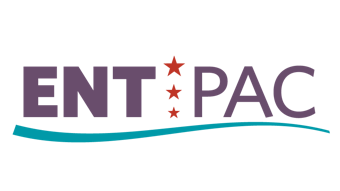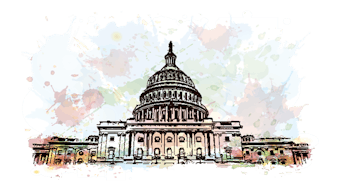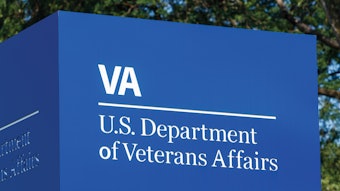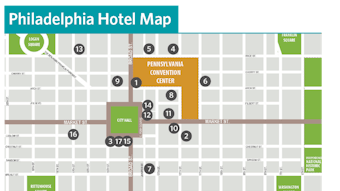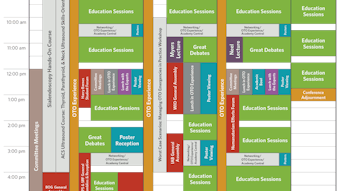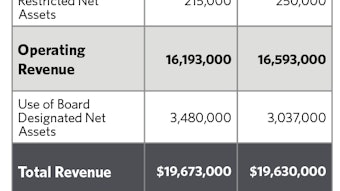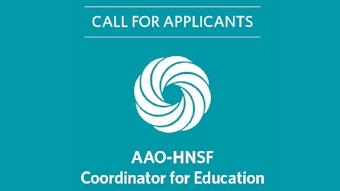Physicians Notch Victory in Surprise Billing Lawsuit
In a major initial victory for providers, a federal district court judge in February sided with the Texas Medical Association (TMA) and struck down certain regulations related to the IDR.

Background
After two years of contentious debate, Congress passed the No Surprises Act in December 2020 to protect patients from surprise medical bills. The largely bipartisan No Surprises Act was the result of extended negotiations in Congress. As part of the law’s patient protection provisions, it requires health insurance companies to cover surprise out-of-network medical bills at in-network rates, prohibits out-of-network providers from billing patients for excess charges, mandates “good faith estimates” for private pay patients, and bans the practice of balance billing in most scenarios.
The law also establishes an independent dispute resolution (IDR) process—known as arbitration—for addressing payment disputes between out-of-network providers and insurers and private pay patients and providers and facilities. Under the law, providers and health plans submit a proposed payment amount to an IDR entity, which in turn chooses one of the competing offers. To make this decision, the arbiter weighs several factors, including the health plan’s median in-network rate—known as the qualifying payment amount (QPA)—and information about the provider’s training and experience. Importantly, the law bars IDR entities from considering the provider’s “usual and customary” charge as well as rates paid by government programs like Medicare and Medicaid.
Texas Medical Association Lawsuit
At the heart of the lawsuit brought by the TMA were concerns about how the new IDR process would function. In October 2021, the Biden Administration issued an interim final rule (IFR) with guidance on the IDR process among other areas. TMA subsequently filed a lawsuit against the Administration in October, arguing that the IFR “undermines Congress’ design” of the IDR process under the No Surprises Act. According to the lawsuit, TMA argued that the IFR wrongly instructs IDR entities to favor the QPA over other factors—conflicting with the statutory language in the No Surprises Act.
TMA also took issue with the timeliness of the federal rulemaking process, arguing that the IFR should be vacated because it did not provide an opportunity for stakeholders to comment on the proposal, pursuant to the Administrative Procedure Act (APA).
Following the release of the IFR, the AAO-HNS joined 20 other surgical specialties in December and submitted comments to the Administration expressing concern with the IFR as written. The Academy argued that, by establishing the QPA as the default factor considered in the arbitration process, the rule could incentivize payers to set artificially low payment rates, creating more narrow provider networks and reducing access to care.
Then, on January 4, 2022, the AAO-HNS joined in filing an amicus brief supporting a similar lawsuit brought by the American Medical Association (AMA) and American Hospital Association (AHA) challenging certain provisions of the IFR. The Academy strongly believes that the IFR does not represent congressional intent in drafting and passing the No Surprises Act and would cause irreparable harm to otolaryngologists and other physicians throughout the United States. The AAO-HNS joined seven other national medical associations and 14 state medical societies in this effort.
The Decision
In a 35-page decision, Judge Jeremy D. Kernodle of the Eastern District of Texas ruled that the regulations described in the lawsuit are inconsistent with the text of the No Surprises Act and must be set aside. Judge Kernodle also agreed with TMA and ruled that the Biden Administration improperly bypassed the APA’s notice and comment requirements. Notably, Judge Kernodle did not strike down the patient protections included in the No Surprises Act, which the plaintiffs and AAO-HNS have long supported.
Looking Ahead
In April, the Biden Administration decided it would appeal Judge Kernodle’s decision to the Fifth Circuit Court of Appeals. A decision on the appeal has not yet been reached. However, there are five other lawsuits brought by provider and other healthcare groups similarly challenging portions of the Administration’s interim final rule. The AMA and AHA lawsuit is set to be considered before the District Court for the District of Columbia over the coming months. The Administration is also expected to release a final rule on the No Surprises Act regulations early this summer.
The Academy continues to advocate on behalf of physicians and patients, both in Congress and with the Executive Branch, on the issue of surprise billing and the implementation of the No Surprises Act and will keep the membership up to date on this and all issues impacting your practice and patient care via OTO News and the Academy website.
Resources
Requirements related to surprise billing; part II. Federal Register (2021, October 7). https://www.federalregister.gov/documents/2021/10/07/2021-21441/requirements-related-to-surprise-billing-part-ii Retrieved May 5, 2022.
AAO-HNS Joins Amicus Brief Challenging Provisions of No Surprises Act https://www.entnet.org/wp-content/uploads/2022/01/PAI-Neurosurgery-Specialty-State-Amicus-Brief-in-AMA-AHA-NSA-Lawsuit-010722.pdf Retrieved May 5, 2022.
Judge Jeremy D. Kernodle of the Eastern District of Texas Decision https://sponsors.aha.org/rs/710-ZLL-651/images/2022.02.23-TMA%20v.HHS-Mem.Op.pdf Retrieved May 5, 2022.


